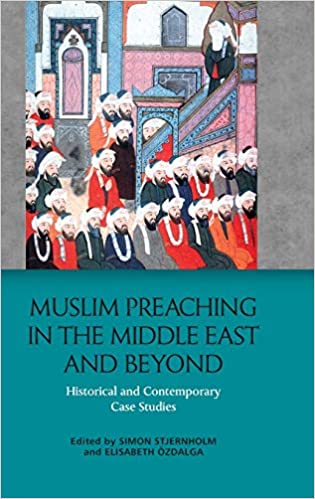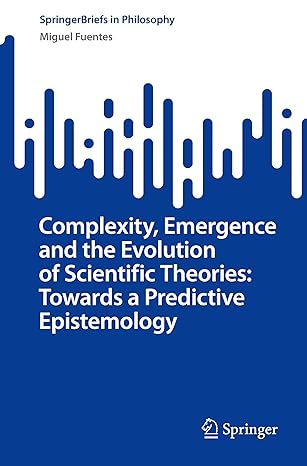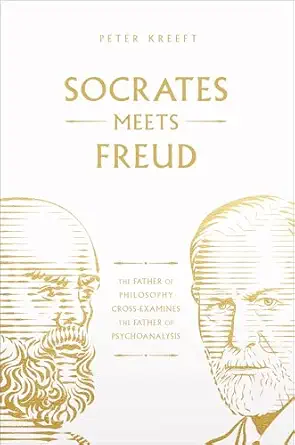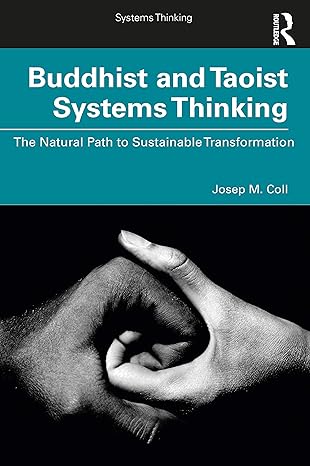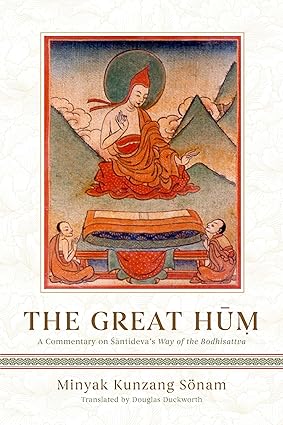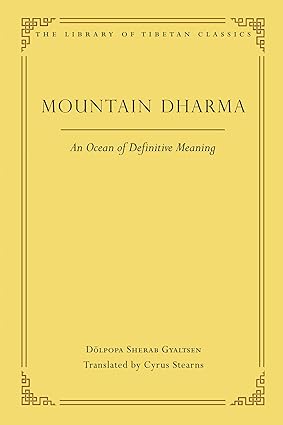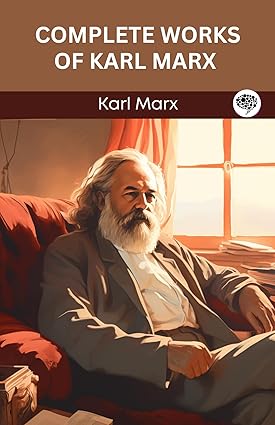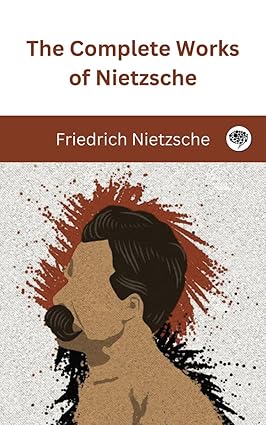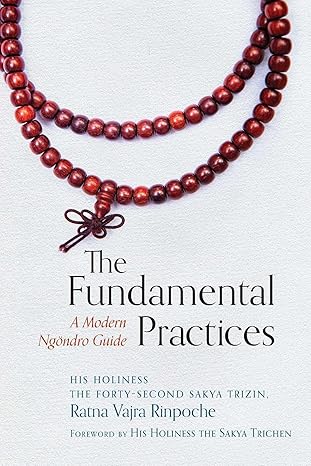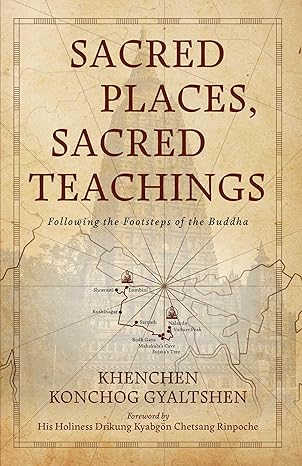Explores Muslim religious oratory across time, culture and media
- Explores the huge variety of Muslim religious oratory in Muslim majority and minority contexts
- Calls attention to a shared discursive tradition
- Combines analyses of political and ideological uses of oratory with a focus on its ritual aspects and ramifications
- Emphasises the impact of various types of media for the authoritative power of religious oratory
- Stresses the symbolic power of religious oratory and its impact on cultural and national identity
Preaching has been central to Muslim communities throughout the centuries. The liturgical Friday sermon is a prime example, although other genres that are less commonly known also serve important functions. This book addresses the ways in which Muslims relate various forms of religious oratory to authoritative tradition in 21st-century Islamic practice, while striving to adapt to local contexts and the changing circumstances of politics, media and society. This is the first book of its kind to look at homiletics beyond a specific country focus.
Taking into consideration the historical developments of Muslim preaching, it offers a collection of thoroughly contextualised case studies of oratory in Turkey, Egypt, Saudi Arabia, Bosnia, Sweden and the USA. The analyses presented here show shared emphasis on struggles for legitimacy, efforts to speak authoritatively, as well as discursive opportunities and constraints.
Notes on Contributors
Jonathan P. Berkey, James B. Duke Professor of History, Davidson College, USA.
Linda G. Jones, Associate Professor of History, Universitat Pompeu Fabra, Spain.
Laila Makboul, University of Oslo, Norway.
Susanne Olsson, Professor of History of Religions, Stockholm University, Sweden.
Catharina Raudvere, Professor of History of Religions, University of Copenhagen, Denmark.
Jan Retsö, Professor emeritus of Arabic, University of Gothenburg, Sweden.
Jakob Skovgaard-Petersen, Professor of Middle Eastern Studies, University of Copenhagen, Denmark.
Simon Stjernholm, Associate Professor of History of Religions, University of Copenhagen, Denmark.
Elisabeth Özdalga, Professor of Sociology, Senior Researcher at the Swedish Research Institute in Istanbul, Sweden and Turkey.
چکیده فارسی
خطابه های مذهبی مسلمانان را در طول زمان، فرهنگ و رسانه کاوش می کند
- تنوع عظیم خطابه های مذهبی مسلمانان را در زمینه های اکثریت و اقلیت مسلمان بررسی می کند
- توجه را به یک سنت گفتمانی مشترک جلب می کند
- تحلیل هایی از کاربردهای سیاسی و ایدئولوژیک خطابه را با تمرکز بر جنبه های آیینی و پیامدهای آن ترکیب می کند
- بر تأثیر انواع مختلف رسانه ها بر قدرت مقتدرانه خطابه دینی تأکید می کند
- بر قدرت نمادین سخنرانی مذهبی و تأثیر آن بر هویت فرهنگی و ملی تأکید می کند
موعظه در طول قرون متمادی برای جوامع مسلمان نقش محوری داشته است. خطبه نماز جمعه یک نمونه بارز است، اگرچه ژانرهای دیگر که کمتر شناخته شده اند نیز کارکردهای مهمی را ایفا می کنند. این کتاب به روشهایی میپردازد که مسلمانان از طریق آنها اشکال مختلف سخنرانی مذهبی را با سنت معتبر در عمل اسلامی قرن بیست و یکم مرتبط میکنند، در حالی که تلاش میکنند تا با زمینههای محلی و شرایط متغیر سیاست، رسانه و جامعه سازگار شوند. این اولین کتاب در نوع خود است که به تعلیمات فراتر از یک کشور خاص نگاه می کند.
با در نظر گرفتن تحولات تاریخی موعظه مسلمانان، مجموعه ای از مطالعات موردی کاملاً مبتنی بر زمینه خطابه در ترکیه، مصر، عربستان سعودی، بوسنی، سوئد و ایالات متحده آمریکا را ارائه می دهد. تحلیلهای ارائهشده در اینجا تأکید مشترک بر مبارزات برای مشروعیت، تلاشها برای صحبت مقتدرانه، و همچنین فرصتها و محدودیتهای گفتمانی را نشان میدهد.
یادداشت ها در مورد مشارکت کنندگان
جاناتان پی برکی، جیمز بی. دوک، استاد تاریخ، کالج دیویدسون، ایالات متحده آمریکا.
لیندا جی جونز، دانشیار تاریخ، دانشگاه پمپئو فابرا، اسپانیا.
لیلا مکبول، دانشگاه اسلو، نروژ.
سوزان اولسون، استاد تاریخ ادیان، دانشگاه استکهلم، سوئد.
کاترینا راودوره، استاد تاریخ ادیان، دانشگاه کپنهاگ، دانمارک.
یان رتسو، استاد بازنشسته زبان عربی، دانشگاه گوتنبرگ، سوئد.
Jakob Skovgaard-Petersen، استاد مطالعات خاورمیانه، دانشگاه کپنهاگ، دانمارک.
سایمون استجرنهولم، دانشیار تاریخ ادیان، دانشگاه کپنهاگ، دانمارک.
الیزابت اوزدالگا، استاد جامعه شناسی، محقق ارشد در موسسه تحقیقاتی سوئد در استانبول، سوئد و ترکیه.
ادامه ...
بستن ...
